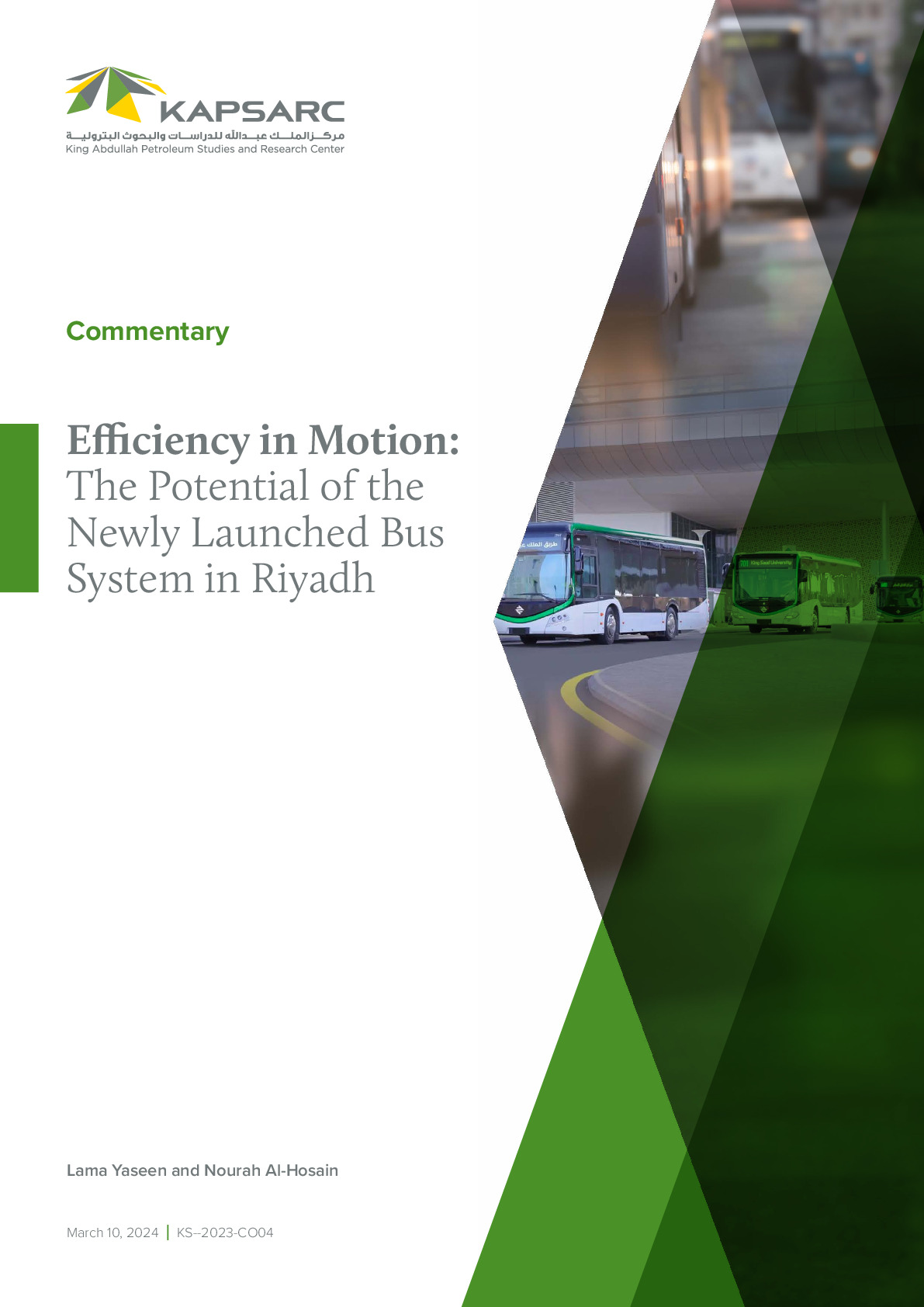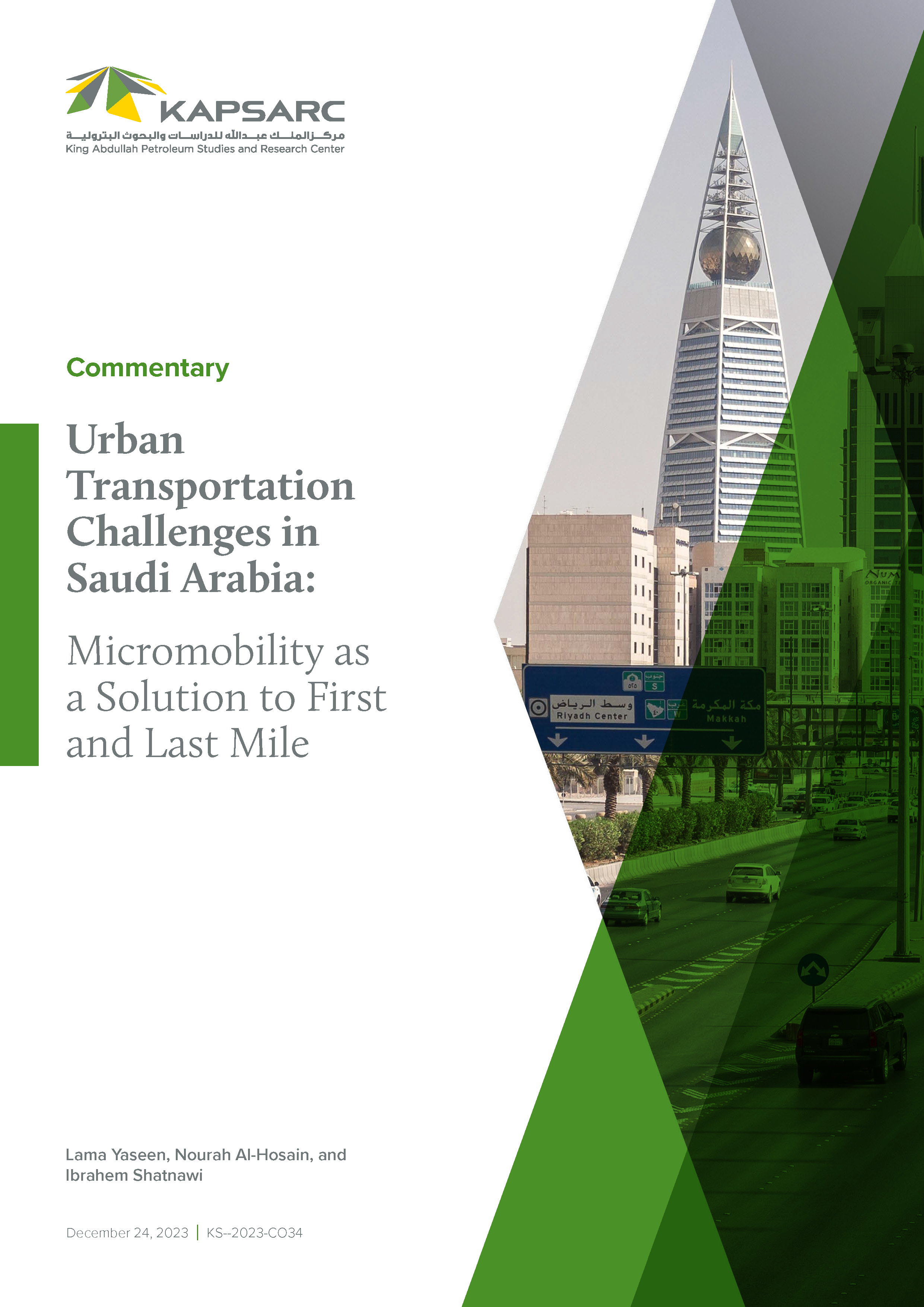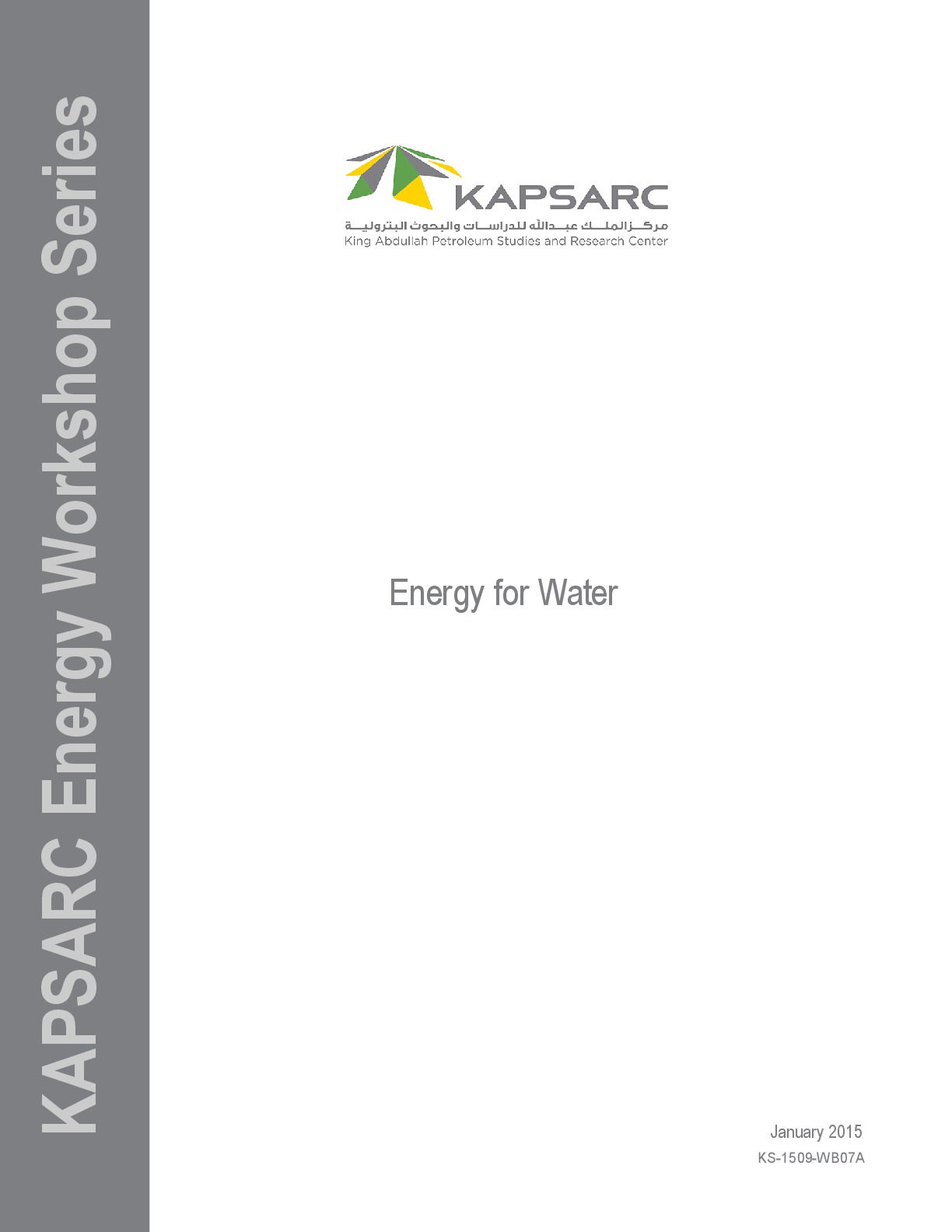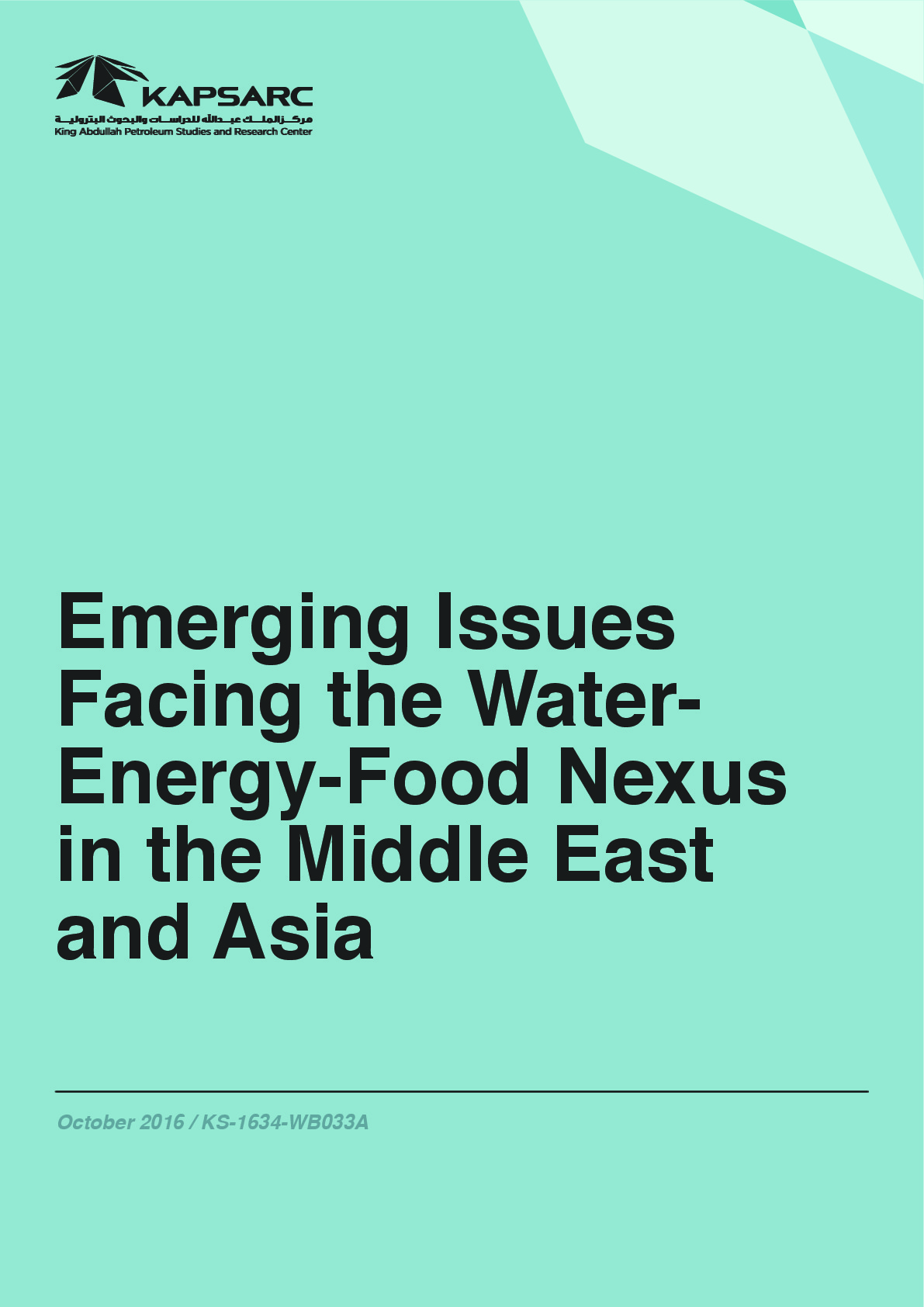As populations and economies grow, a megatrend that will increasingly affect both developed and emerging economies is the policy trade-off between managing water resources and achieving food security objectives. This policy trade-off is very relevant in Gulf Cooperation Council (GCC) countries, which represent some of the most water scarce regions of the world and are also intent on achieving food security through domestic agriculture production. We offer a case study on the policy options for reducing water consumption while maintaining food security and farmer welfare in the GCC’s largest country, Saudi Arabia. Specifically, we explore how crop substitution can reduce aggregate water use without compromising the current level of food security or farmer welfare. Additionally, we assess the potential social implications of crop substitution options in order to better understand the political feasibility of various policy choices. The results suggest that if water usage is to be minimised while maintaining food production and farmer welfare, then the primary candidates for reduction are crops or livestock with large water intensity and low revenue and/or low production. Eliminating these types of crops would yield higher water savings than moderate reductions across a large portfolio of crops at the lowest political cost.
https://link.springer.com/chapter/10.1007/978-981-10-6695-5_12









